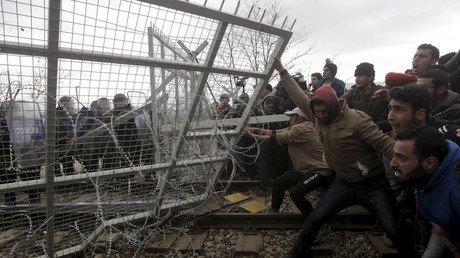Accept refugees or face ‘self-induced crisis’, UN tells Europe
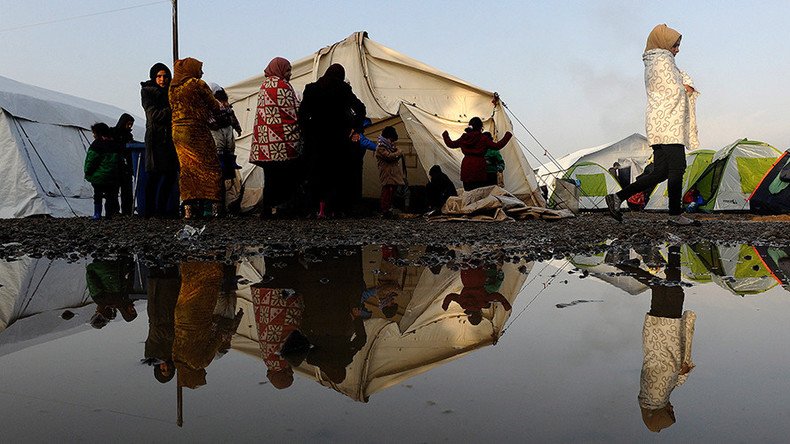
The UN refugee agency, UNHCR, has warned EU leaders that the continent is facing a “self-induced humanitarian crisis,” with over 24,000 people stuck on the Macedonian border, and with as many arrivals in two months of 2016 as in the first six of last year.
UNHCR urges Greece & States along Balkans route to act quickly and approach this emergency with solidarity. pic.twitter.com/kN8y7yyBOu
— UNHCRNews (@RefugeesMedia) March 1, 2016
“UNHCR is warning today that Europe is on the cusp of a largely self-induced humanitarian crisis. This is in light of a rapid build-up of people in an already struggling Greece, with governments not working together despite having already reached agreements in a number of areas, and country after country imposing new border restrictions,” UNHCR spokesman Adrian Edwards said during a press briefing in Geneva on Tuesday afternoon.
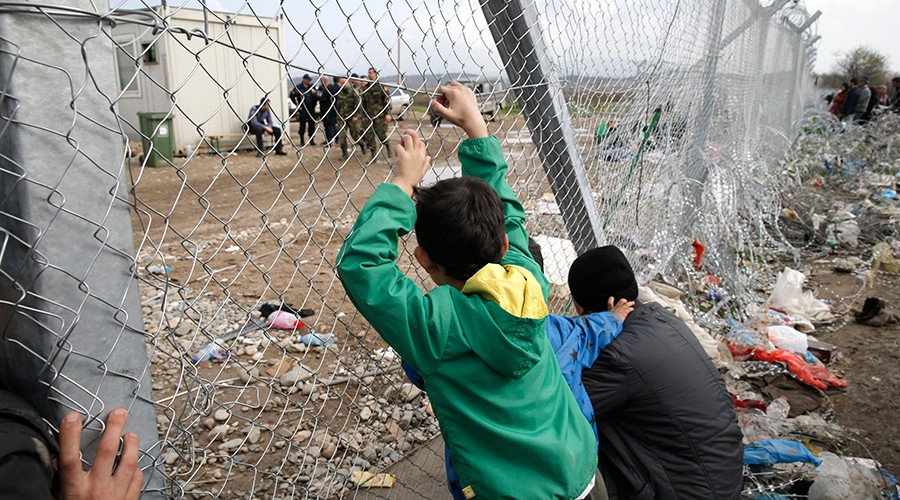
The UN says that Europe has to take responsibility for the newcomers, despite over 131,000 people arriving through the Mediterranean this year, almost as many as the 147,000 that made the journey in the first half of 2015.
With Greece unable or unwilling to control its borders or register and process the vast majority of refugees, despite additional EU funding and support, but other countries on the ‘Balkan route’ sealing themselves off, tens of thousands of refugees are stuck in impromptu camps en-route to their desired destinations of Germany and Scandinavia.
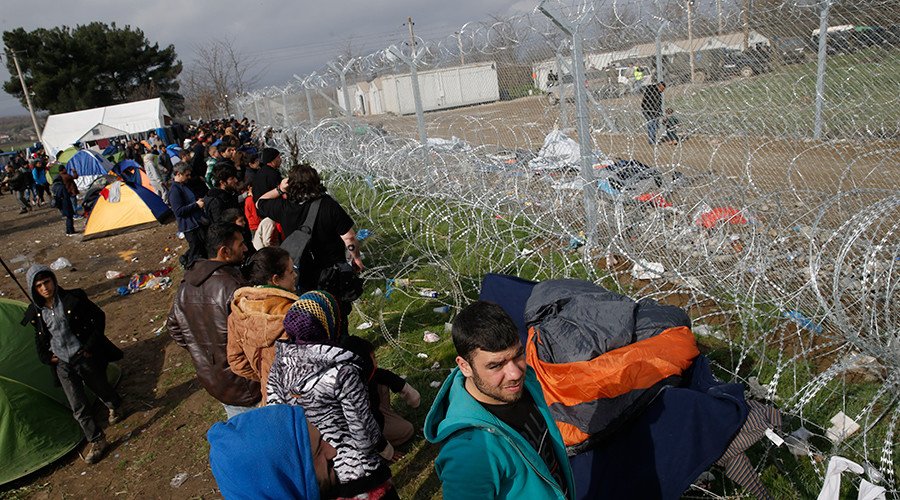
“As of last Monday, the number of refugees and migrants in Greece and needing accommodation had soared to 24,000. At least 1,500 had spent the previous night in the open. The crowded conditions are leading to shortages of food, shelter, water and sanitation. Tensions have been building, fueling violence and playing into the hands of people-smugglers,” said Edwards, who mentioned that 55 percent of the arrivals have been women and children.
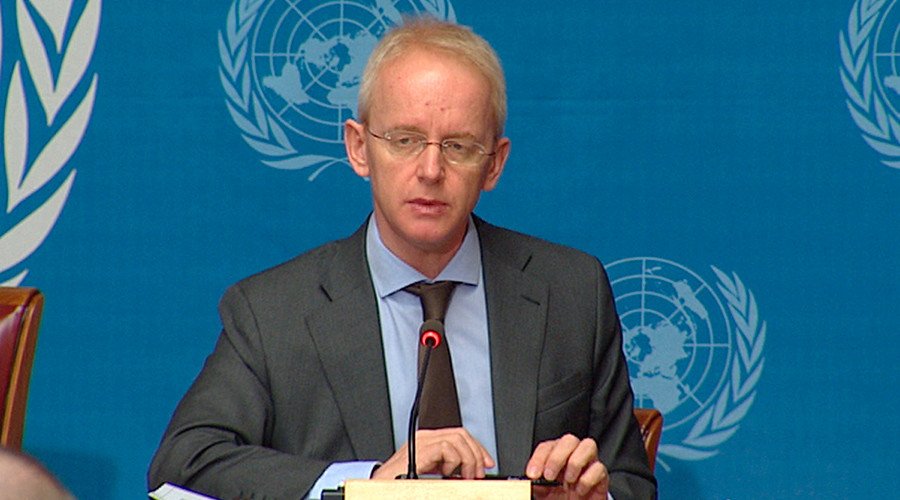
Edwards accused EU leaders of shirking responsibilities, with plans to find homes for only 1,500 refugees, which have resulted in a mere 325 relocations, meaning that the rest of migrants have had to fend for themselves, and find their own way across Europe.
Pledges to relocate 66400 refugees from Greece, but States have so far only created 1,539 spaces. Only 325 actual relocations have occurred.
— UNHCRNews (@RefugeesMedia) March 1, 2016
"Greece needs a safety valve… it is time for Europe to wake up, either we have a massive orderly relocation from Greece or a repeat of what we saw last year, more chaos and confusion," said Vincent Cochetel, UNHCR's Regional Refugee Coordinator for the Refugee Crisis in Europe, during the same briefing. “There is no plan B.”
The UNHCR has called on Europe, which admitted more than 1 million migrants without permits last year, not only to accommodate the existing flows, but to facilitate the journeys of those unable to pay people smugglers.
“Increased regular pathways for admission of refugees from countries neighboring Syria will help in the overall management of this situation. More resettlement and humanitarian admission, family reunification, private sponsorship, and humanitarian and refugee student and work visas all serve to reduce demand for people smuggling, onward movements, and dangerous boat journeys,” said Edwards.
At a time when polls show growing resentment towards incomers, and skyrocketing popularity for anti-immigrants parties, the UN’s pleas appear at loggerheads with the policies of national governments.
Macedonia has said that it will stop allowing any migrants through once Austria reaches its own limit of 37,500 new refugees for the year. Vienna has said that about 12,000 asylum applications have been lodged in the past two months.
"Such decisions are made between police authorities along the Balkan route. Whenever a country to the north closes its borders, we follow suit. In times of crisis, every country must find its own solutions," Macedonian President Gjorge Ivanov told Spiegel Online on Tuesday.
Today we are opening a new chapter called "Back to Schengen" in our struggle with the migration crisis pic.twitter.com/b0cY18oX1G
— Donald Tusk (@eucopresident) March 1, 2016
Denmark, Sweden and the Netherlands have stepped up border controls. Germany, which received the majority of Europe’s asylum applications last year, is contemplating guarded border checkpoints, and refugee quotas, but is hoping for an EU-wide solution. European Council President Donald Tusk is in Vienna, as part of a five-country tour, in which he hopes to hammer out a pan-European quota allocation system.
